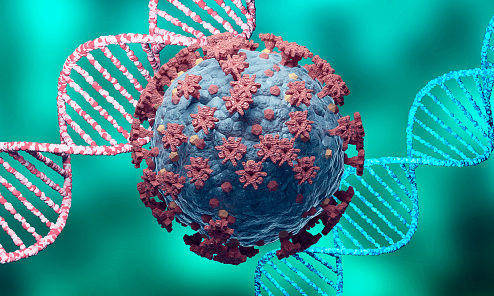A study analyzed long-term clinical outcomes in patients with juvenile myoclonic epilepsy (JME) and identified prognostic factors for refractoriness and seizure relapse following withdrawal of anti-seizure medications (ASMs).
In this study, a series of patients with JME who had at least 15 years of evolution were retrospectively reviewed. Clinical, neurophysiological, and neuroimaging data were collected.
The study comprised 61 patients in total. The mean age at the time of the study was 37.6 years, and mean age at outset was 14.8 years. About two-thirds of patients were female (65.5%). Patients were followed for a median 31 years (mean, 28.9 years; range, 15-53 years).
The results showed that approximately two-thirds of patients presented with a combination of myoclonic and generalized tonic-clonic seizures (GTCS) (65.6%); a similar proportion of patients had a five-year terminal remission (65%), and the mean age at their last seizure was 27.4 years. Among the seizure-free patients, a third withdrew from ASMs (32%); of these 13 patients, six had a recurrence of their seizures, and seven remained seizure free (mean age at ASMs withdrawal, 21.0 years vs 35.7 years; P<0.05). Multivariate analysis found a correlation between a high GTCS frequency at onset (P=0.026) and drug resistance.
“JME is often regarded as a benign epileptic syndrome, although a quarter of the individuals have refractory epilepsy. The possibility of withdrawing ASMs in patients who have been free of seizures over an extended time seems feasible,” the study authors concluded.
Source: Brain & Development (https://www.brainanddevelopment.com/article/S0387-7604(21)00042-5/fulltext)
Tags: epilepsy, seizures, juvenile myoclonic epilepsy, JME, anti-seizure medications, ASMs









